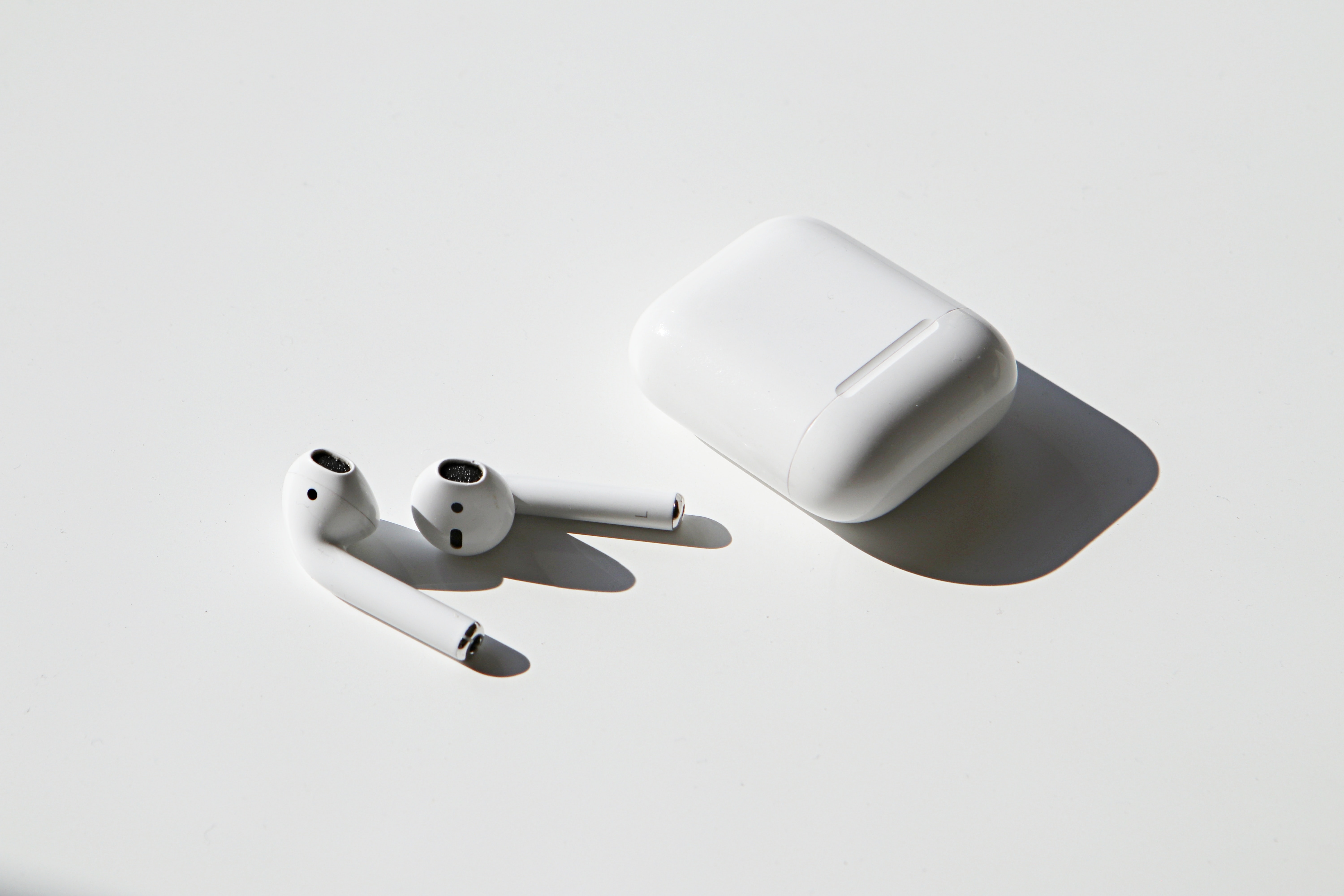Sally Sara: Young people committing crime or rioting in detention regularly make news headlines. But some youth workers believe that with targeted early intervention, the cycle of violence can be stopped. One support service is using evidence from work with more than 3,000 young people to lobby for a better model of care for young Australians who need help. Rachel Hayter reports.
Rachel Hayter: 18-year-old twins, Melodie and Sage Flower, share a home on the New South Wales central coast. And for the most part, life is good now.
Sage Flower: Having a twin is just like always having a friend with you.
Rachel Hayter: Melodie works at McDonald’s, and Sage is preparing to do her higher school certificate through TAFE. But things could have played out very differently for these young women. When at 15 years old, their mum died.
Sage Flower: It was just the three of us most of our life.
Rachel Hayter: And they were sent to live with distant relatives where they had little support.
Sage Flower: We didn’t know them very well. So it was kind of going to a stranger’s house and expected to live normally with them. If we never gone in touch with RYSS, I don’t know where we would have ended up.
Rachel Hayter: RYSS is Regional Youth Support Services, where the girls met their targeted early intervention caseworker, Lexi Lovell.
Lexi Lovell: They were a little bit timid, a little bit apprehensive. It took a few months for them to actually come in and go, no, we actually do want support.
Rachel Hayter: Through the RYSS Youth Hub, Lexi connected Melodie and Sage with legal aid, victims services and mental health and housing support.
Kim McLoughry: It was really important for them to feel safe. They had lost their mum, and it was a really difficult time for them to get resources, know what to do as a young person.
Rachel Hayter: Kim McLoughry is the CEO of RIS, who through federal government Safer Communities funding has helped 3,000 young people between 2022 and 24, and is now working with the University of Newcastle to report back on best practice youth work.
Kim McLoughry: Instead of looking on the negative of young people and blaming them for situations they arise in, we’ve all got to be held accountable. And I think the Youth Hub is a really good way of doing that.
Rachel Hayter: The Flower Twins got the help they needed through that hub model, which to work well means rapid access to services in a conveniently located and youth-friendly setting, which Kim McLoughry explains is about much more than just a pool table.
Kim McLoughry: It’s a visual thing, it’s a physical space, and it’s a welcoming sort of messaging that’s within that space. Those young people aren’t in detention centres, they’re not out of home, they’re not living on the streets. So the cost to society and the economy is just huge. If you have a model like the Youth Hub, where youth workers are trained to connect really well with a young person, you can actually solve and change the trajectory of a lot of young people’s lives.
Rachel Hayter: And Melodie and Sage Flower are living proof of that.
Sage Flower: I can’t believe how far I have come in the last two years. I sometimes don’t even recognise my past self. Yeah, life definitely has gone better.
Sally Sara: That’s 18-year-old Sage Flower ending that report from Rachel Hayter.



